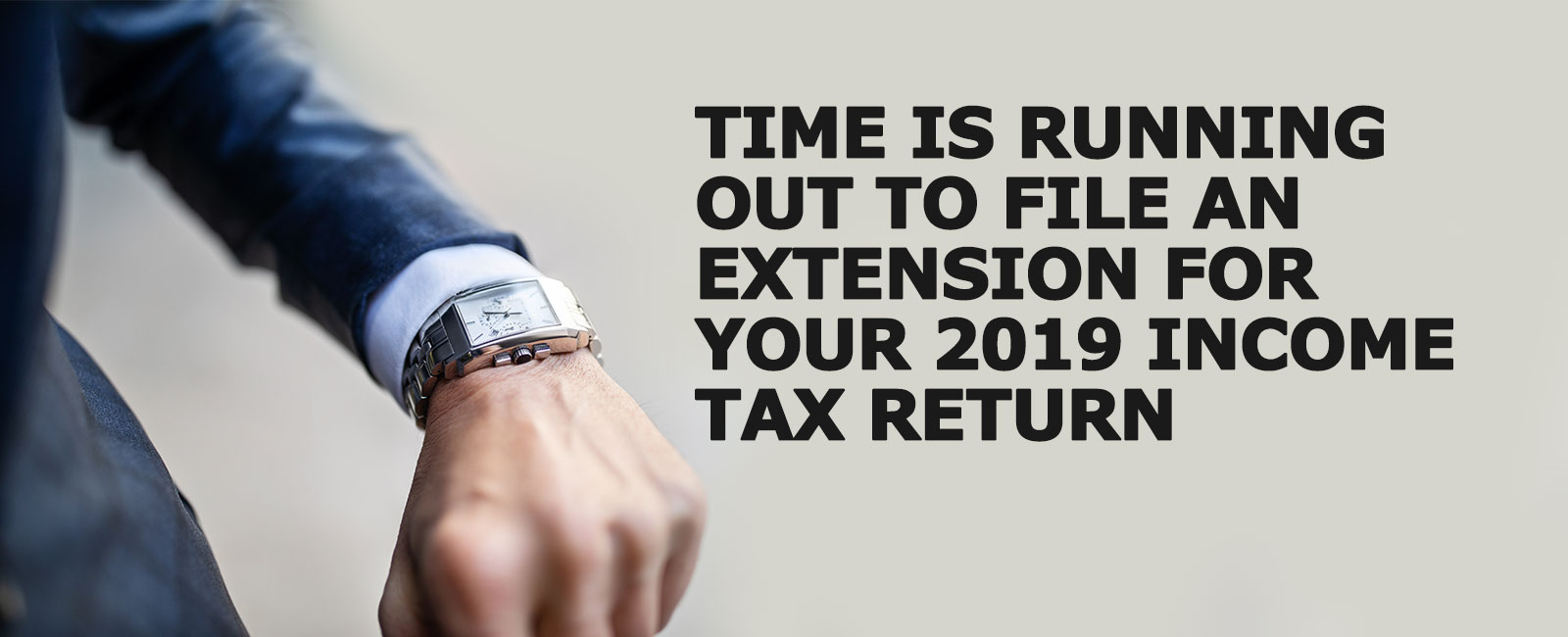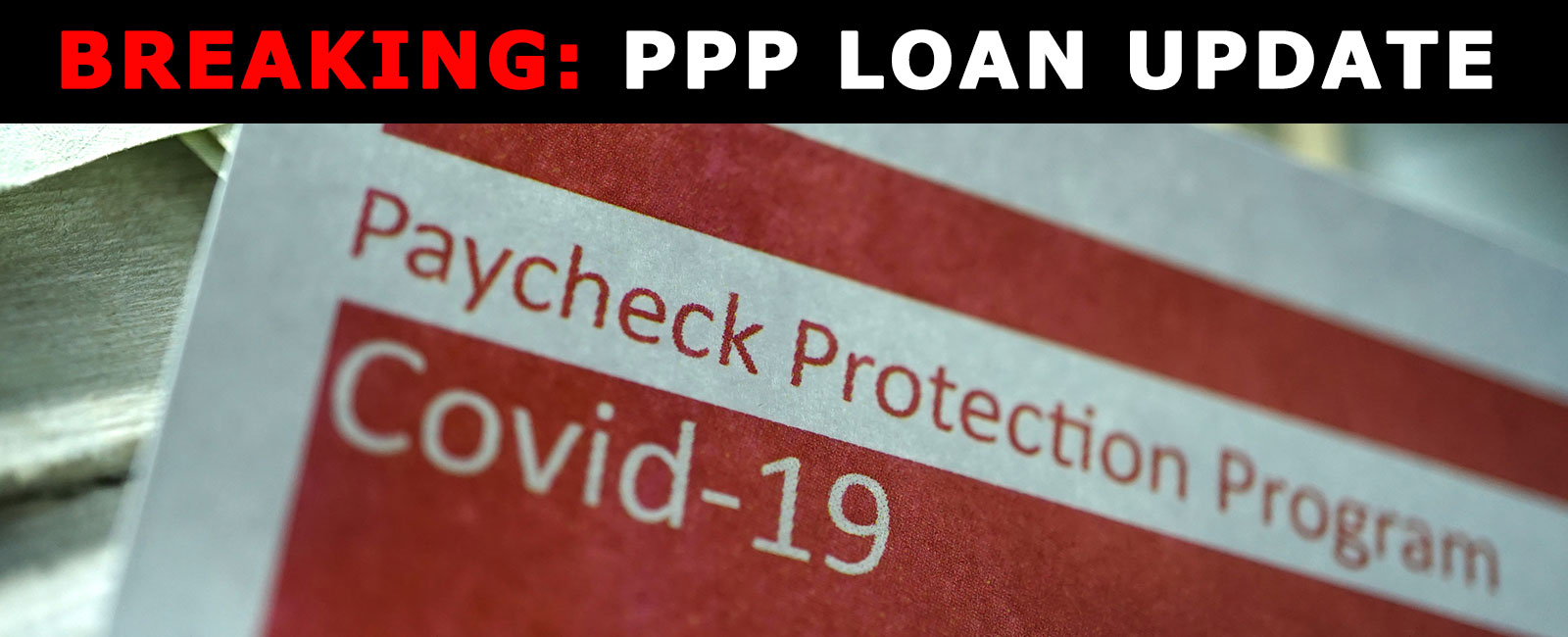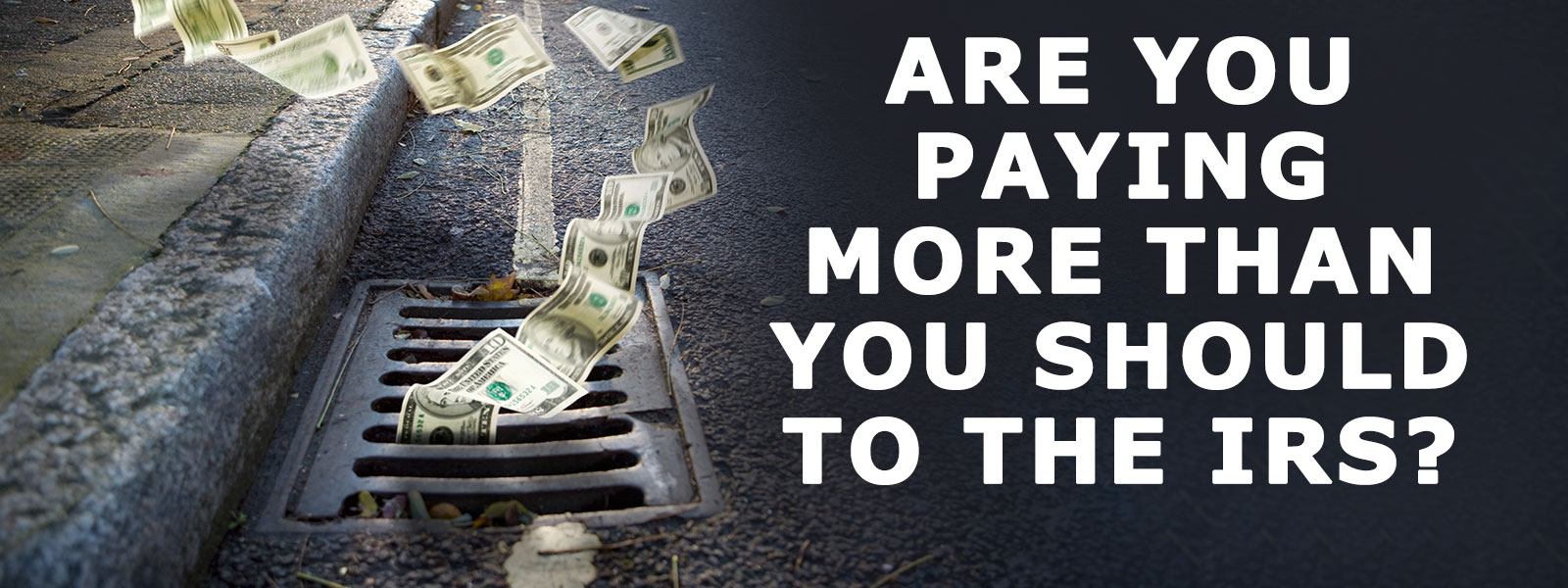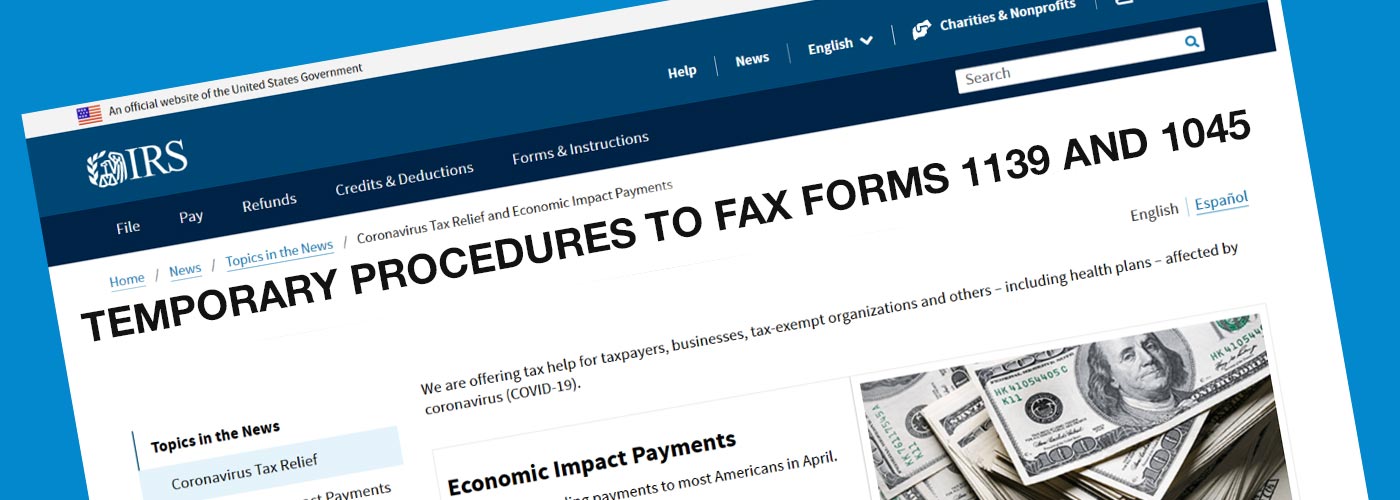Why Taxpayers Involved In Offshore Accounts, Crypto Currency Or Cannabis Should Be Filing An Extension For Their 2019 Income Tax Returns
If you did not report your offshore accounts, crypto currency income or cannabis income earned before 2019, you should hold off on filing your 2019 taxes and instead file an extension.
An extension is your way of asking the IRS for additional time to file your tax return. The IRS will automatically grant you an additional time to file your return. While State Tax Agencies will also provide the same extension period, you need to check with your State to see if an extension must be filed with the State as well. For example, California does not require that a State extension be filed as long as you timely file the Federal extension AND you will not owe any money to the State.
The deadline to file your 2019 individual income tax returns or request an extension of time to file the tax return is Wednesday, July 15, 2020 (normally would have been April 15th but extended due to COVID-19). A timely filed extension will extend the filing deadline to Thursday, October 15, 2020 thus giving you an extra three months to meet with tax counsel and determine how to address your pre-2019 tax reporting delinquencies and/or exposure and how to present your situation on your 2019 tax return.
While an extension gives you extra time to file your return, an extension does not give you extra time to pay your tax and if you do not pay what you owe with the extension, you will still be ultimately charged with late payment penalties when you file your tax return.
Offshore Accounts
Where a taxpayer does not come forward voluntarily though a Voluntary Disclosure Program and has now been targeted by IRS for failing to file the Foreign Bank Account Reports (FBAR), the IRS may now assert FBAR penalties that could be either non-willful or willful. Both types have varying upper limits, but no floor. The first type is the non-willful FBAR penalty. The maximum non-willful FBAR penalty is $10,000. The second type is the willful FBAR penalty. The maximum willful FBAR penalty is the greater of (a) $100,000 or (b) 50% of the total balance of the foreign account. In addition, the IRS can pursue criminal charges with the willful FBAR penalty. The law defines that any person who willfully attempts in any manner to evade or defeat any tax under the Internal Revenue Code or the payment thereof is, in addition to other penalties provided by law, guilty of a felony and, upon conviction thereof, can be fined not more than $100,000 ($500,000 in the case of a corporation), or imprisoned not more than five years, or both, together with the costs of prosecution (Code Sec. 7201).
For the non-willful penalty, all the IRS has to show is that an FBAR was not filed. Whether the taxpayer knew or did not know about the filing of this form is irrelevant. The non-willful FBAR penalty is $10,000 per account, per year and so a taxpayer with multiple accounts over multiple years can end up with a huge penalty.
Since 2009, the IRS Criminal Investigation has indicted 1,545 taxpayers on criminal violations related to international activities, of which 671 taxpayers were indicted on international criminal tax violations.
Crypto Currency
Many taxpayers think that their crypto transactions would remain a secret forever. Digital exchanges are not broker-regulated by the IRS. Digital exchanges are not obligated to issue a 1099 form, nor are they obligated to report to the IRS calculate gains or cost basis for the trader. But that is now all changing sooner than you think!
As of March 16, 2018, the IRS has received information from Coinbase located in San Francisco which is the largest cryptocurrency exchange in the United States disclosing the names, addresses and tax identification numbers on 14,355 account holders. Coinbase pursuant to a Court Order issued by a Federal Magistrate Judge (United States v. Coinbase, Inc., United States District Court, Northern District Of California, Case No.17-cv-01431) had to produce the following customer information over the period of 2013 to 2015: (1) taxpayer ID number, (2) name, (3) birth date, (4) address, (5) records of account activity, including transaction logs or other records identifying the date, amount, and type of transaction (purchase/sale/exchange), the post transaction balance, and the names of counterparties to the transaction, and (6) all periodic statements of account or invoices (or the equivalent).
Furthermore, Coinbase starting with the 2017 tax years will be issuing 1099-K tax forms for some of its U.S. clients. The IRS will receive copies of these forms.
With only several hundred people reporting their crypto gains each year, the IRS suspects that many crypto users have been evading taxes by not reporting crypto transactions on their tax returns.
Cannabis
With the proliferation of licensed cannabis businesses sprouting in the State Of California since 2018, a continued stream of cannabis business will be filing tax returns with the IRS. But beware, the IRS is well aware that successful cannabis businesses don’t just sprout overnight and now that your business is on the radar screen you can bet that the IRS will be inquiring how you accumulated all that cash before 2019.
Cannabis is categorized as a Schedule I substance under the Controlled Substances Act. While more than half of the states in the U.S. have legalized some form of medicinal marijuana, and several others have passed laws permitting recreational cannabis use, under federal drug laws the sale of cannabis remains illegal.
Despite the disparity and Federal and State law, marijuana businesses still have to pay taxes.
Generally, businesses can deduct ordinary and necessary business expenses under I.R.C. §162. This includes wages, rent, supplies, etc. However, in 1982 Congress added I.R.C. §280E. Under §280E, taxpayers cannot deduct any amount for a trade or business where the trade or business consists of trafficking in controlled substances…which is prohibited by Federal law. Marijuana, including medical marijuana, is a controlled substance. What this means is that dispensaries and other businesses trafficking in marijuana have to report all of their income and cannot deduct rent, wages, and other expenses, making their marginal tax rate substantially higher than most other businesses.
A cannabis business that has not properly reported its income and expenses and not engaged in the planning to minimize income taxes can face a large liability proposed by IRS reflected on a Notice Of Deficiency or tax bill. Likewise, where a taxpayer over the years has accumulated cash from cannabis sales and never reported any income to the IRS, you are looking at a serious problem.
Penalties For Filing A False Income Tax Return Or Under-reporting Income
Failure to report all the money you make is a main reason folks end up facing an IRS auditor. Carelessness on your tax return might get you whacked with a 20% penalty. But that’s nothing compared to the 75% civil penalty for willful tax fraud and possibly facing criminal charges of tax evasion that if convicted could land you in jail.
Criminal Fraud – The law defines that any person who willfully attempts in any manner to evade or defeat any tax under the Internal Revenue Code or the payment thereof is, in addition to other penalties provided by law, guilty of a felony and, upon conviction thereof, can be fined not more than $100,000 ($500,000 in the case of a corporation), or imprisoned not more than five years, or both, together with the costs of prosecution (Code Sec. 7201).
The term “willfully” has been interpreted to require a specific intent to violate the law (U.S. v. Pomponio, 429 U.S. 10 (1976)). The term “willfulness” is defined as the voluntary, intentional violation of a known legal duty (Cheek v. U.S., 498 U.S. 192 (1991)).
And even if the IRS is not looking to put you in jail, they will be looking to hit you with a big tax bill with hefty penalties.
Civil Fraud – Normally the IRS will impose a negligence penalty of 20% of the underpayment of tax (Code Sec. 6662(b)(1) and 6662(b)(2)) but violations of the Internal Revenue Code with the intent to evade income taxes may result in a civil fraud penalty. In lieu of the 20% negligence penalty, the civil fraud penalty is 75% of the underpayment of tax (Code Sec. 6663). The imposition of the Civil Fraud Penalty essentially doubles your liability to the IRS!
What Should You Do?
Individual taxpayers can file an extension using Form 4868. Extensions can also be filed online, which has the benefit that you’ll receive a confirmation code from the IRS notifying you that your extension was received. Then you should promptly contact tax counsel. Don’t delay because once the IRS has targeted you for investigation – even if it is a routine random audit – it will be too late voluntarily come forward. Let the tax attorneys at the Law Offices Of Jeffrey B. Kahn, P.C. located in Orange County (Irvine), San Francisco Bay Area (including San Jose and Walnut Creek) and offices elsewhere in California get you set up with a plan that may include being qualified into a voluntary disclosure program to avoid criminal prosecution, seek abatement of penalties, and minimize your tax liability. If you are involved in cannabis, check out what else a cannabis tax attorney can do for you. Also, if you are involved in crypto currency, check out what a Bitcoin tax attorney can do for you.











